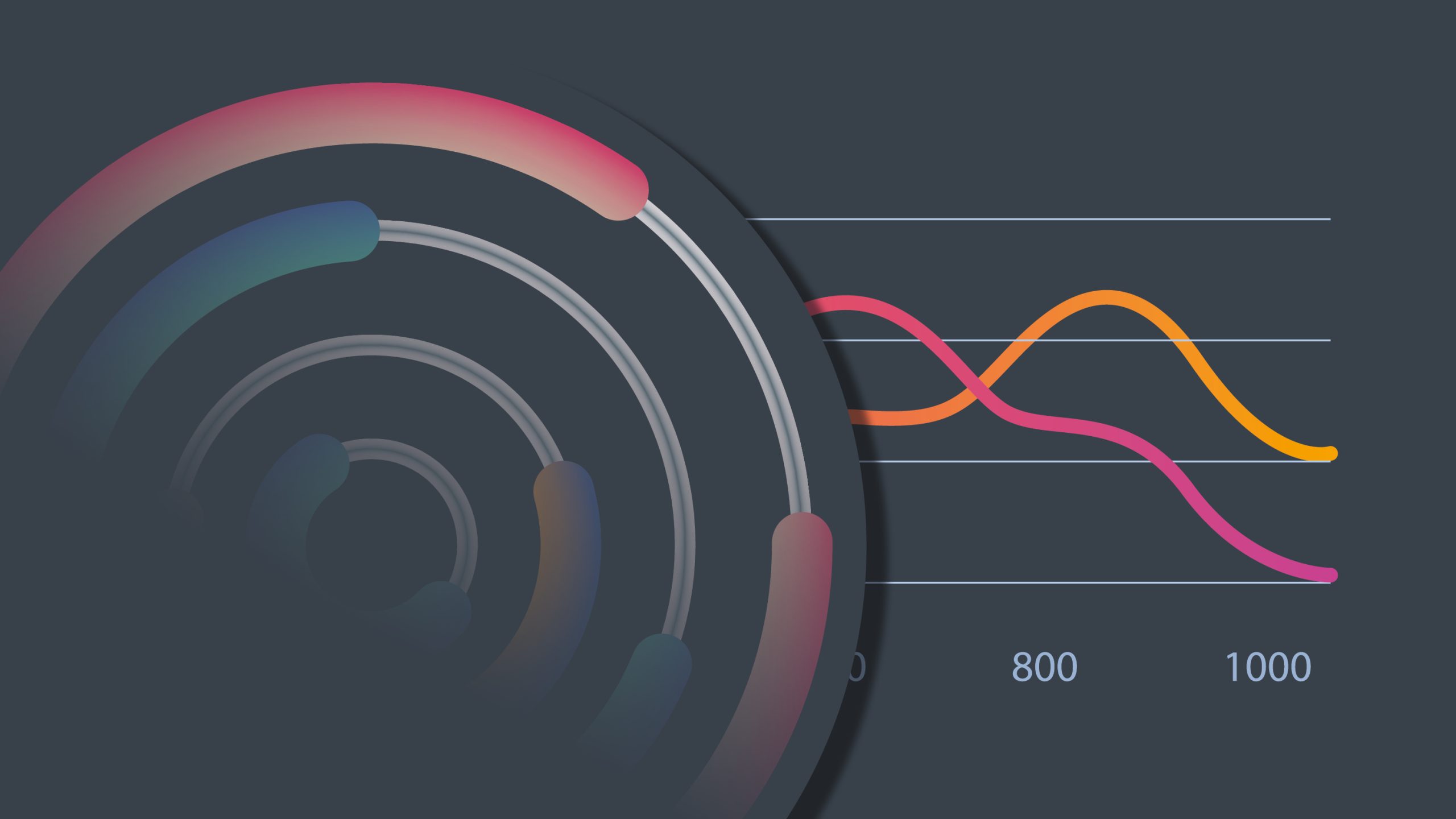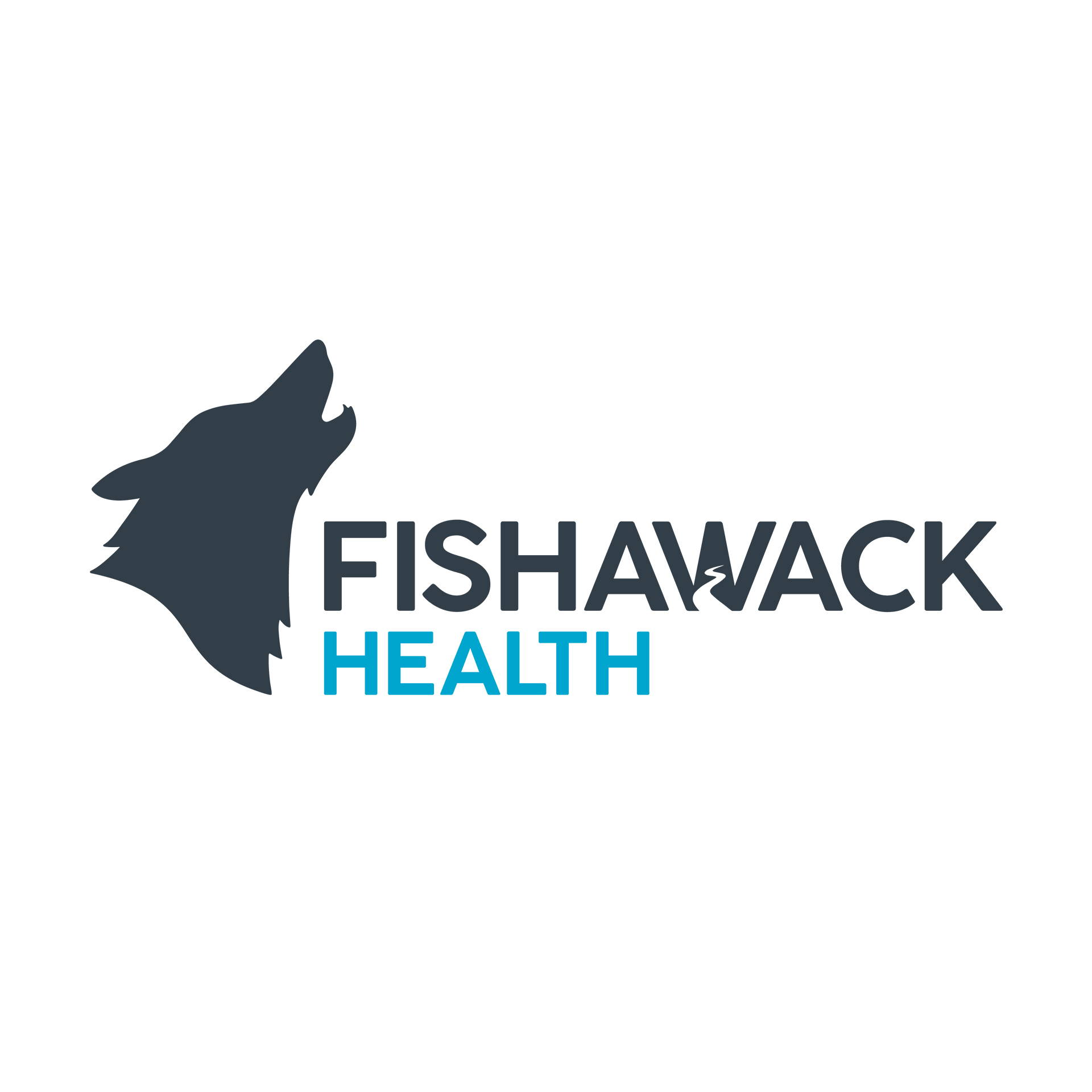Integrated evidence generation 2.0: A strategy for every stakeholder

The advent of biologic therapies in the 1970s along with the decoding of the human genome in 2003 heralded an explosion in pharmaceutical innovation. These groundbreaking discoveries ushered in a new age of precision and personalized medicine, leading to innovations in novel targeted proteins, cell and gene therapies, and medical devices, which are often accompanied by bespoke diagnostic and testing criteria.
However, such advancements, while transforming patients’ lives, are fueling an increasingly complex market landscape characterized by smaller and harder‑to‑reach patient populations, complicated diagnostic processes, and significant and fragmented pockets of high unmet need. Future advances in personalized medicine, harnessing the power of big data, artificial intelligence, machine learning, and personal digital technology to deliver truly bespoke and personalized solutions for improving patient outcomes are likely to shake the market further.
To meet patients’ needs for effective therapies, regulatory bodies have begun accepting evidence beyond large, randomized, controlled clinical trials and have developed novel pathways to accelerate approval. This has led to an increase in products coming to market with single‑arm Phase 3 data and surrogate endpoints or Phase 2b data, with planned confirmatory data to be released in the future. As a result, payers face high levels of uncertainty when determining the relative efficacy and cost‑effectiveness of the product. Additionally, new forms of data, such as real‑world evidence (RWE), are becoming more readily accepted for demonstrating the long‑term value of novel medicines.
The evidence‑generation process has become far more challenging. The combination of high science and the nuances of the evolving landscape has led to greater evidence gaps for a growing number of stakeholders—from payers and regulators to patients and healthcare professionals—each of whom requires a more detailed understanding of the scientific data and relative benefits compared with the current standard of care and other novel therapies to help them make decisions.
Drug developers need to take an innovative and agile approach to evidence generation to meet the needs of stakeholders holistically if they are to achieve their vision and ensure novel therapies are maximizing their potential to deliver patient benefit and value to society.










